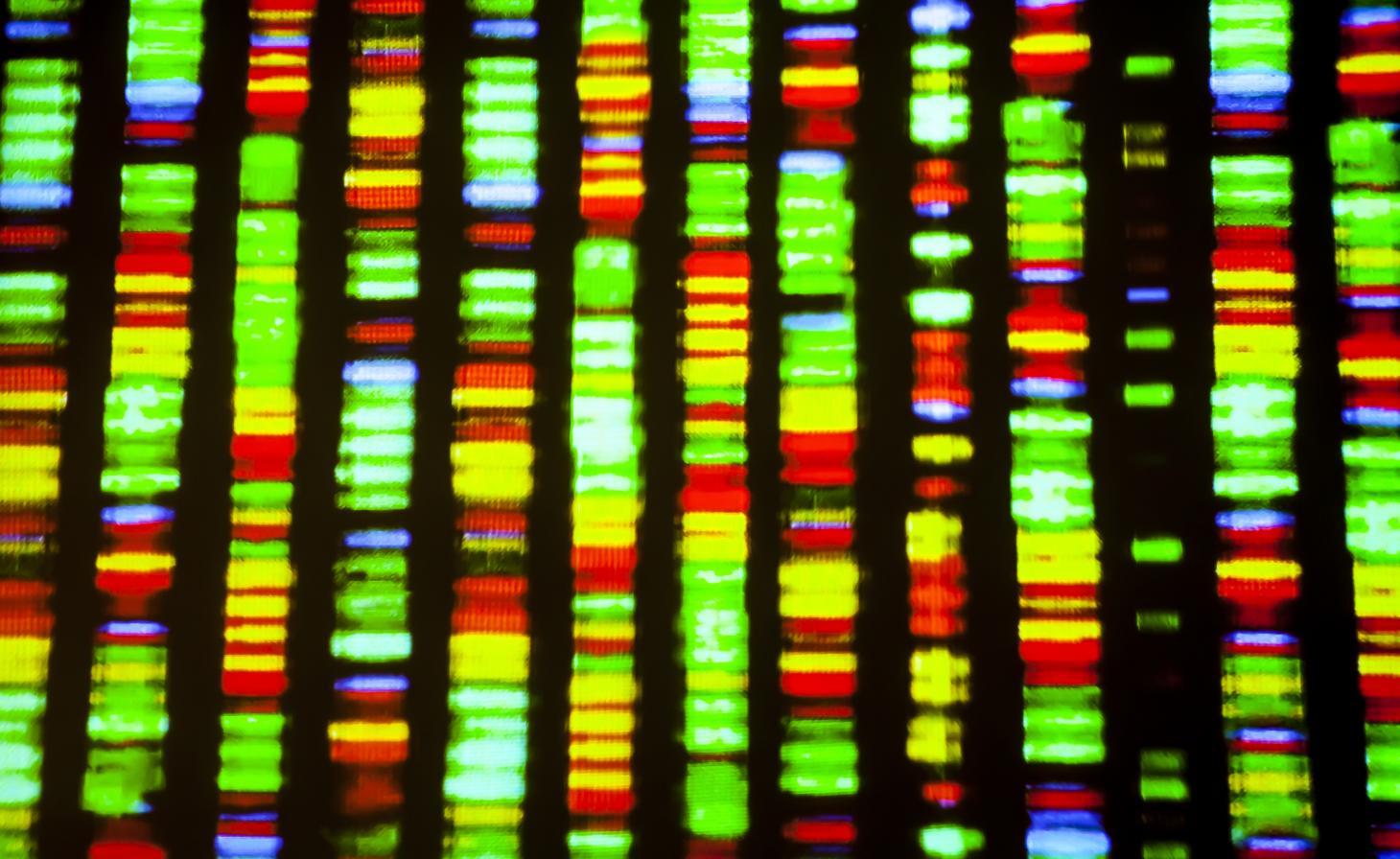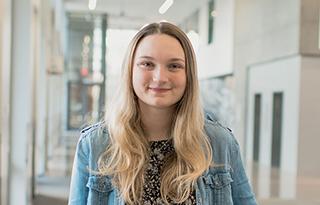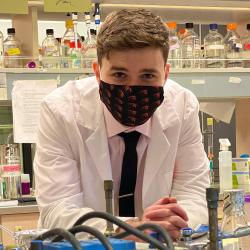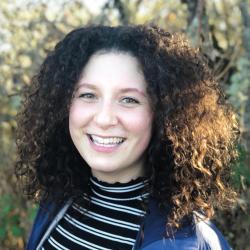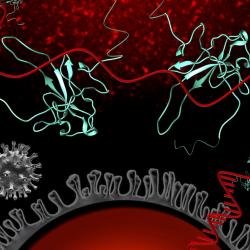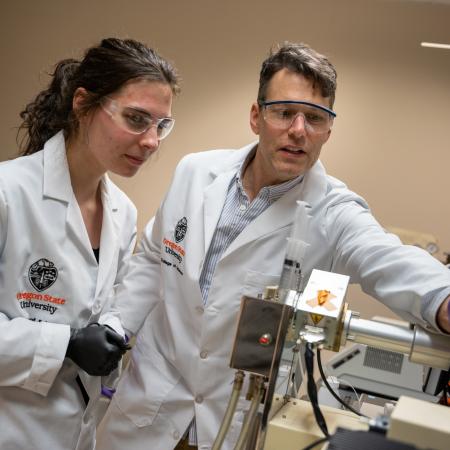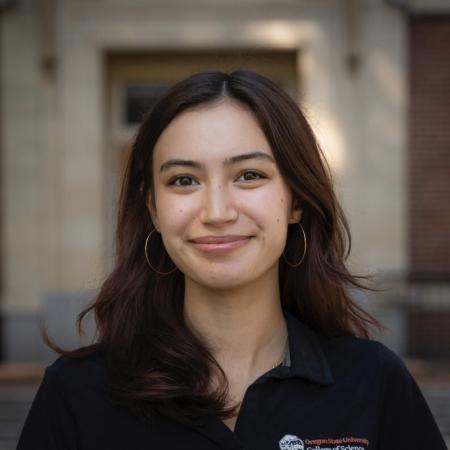Career preparation
Biochemistry and biophysics majors receive excellent training for careers in medicine and related health professions, biotechnology and pharmaceutical industries and drug design. Faculty in the department provide research strength in many arenas of biochemistry and molecular biophysics, including structural biology, enzymology, metabolic regulation, signal transduction and protein chemistry, and we encourage our majors to extend their education outside the classroom by taking advantage of opportunities for undergraduate research.
Biochemistry is extensively intertwined with biotechnology, which is the use of modern techniques in biology to achieve practical objectives. This has greatly expanded the industrial market for biochemists and biophysicists. Our graduates have found rewarding careers in medicine, dentistry, biotechnology, genetics, forensic science, pharmacology, toxicology and nutrition, as well as in biochemistry or biophysics. Others have used the degree as a springboard to nontechnical careers that benefit from a broad scientific background, including business, intellectual property law, journalism and healthcare administration.
Prospective students
High school students interested in careers in biochemistry or biophysics should prepare for college by taking four years of mathematics and at least one year each of physics, chemistry and biology.
Students transferring from a community college should have completed one year each of the following by the end of the sophomore year if they plan to graduate in four years’ total time: general chemistry, organic chemistry with ACS exam, calculus-based physics, general biology and three semesters or four quarters of calculus, including vector calculus. An excellent advising program is available to undergraduates, and prospective students are encouraged to consult with a departmental advisor or with faculty members working in an area of interest to them.
High school students, community college, and other transfer students interested in the BB program are encouraged to contact Dr. Kari van Zee (kari.van.zee@oregonstate.edu), the lead advisor for advice about preparatory courses before they attend or apply to OSU. She welcomes opportunities to meet with potential students and their families.
